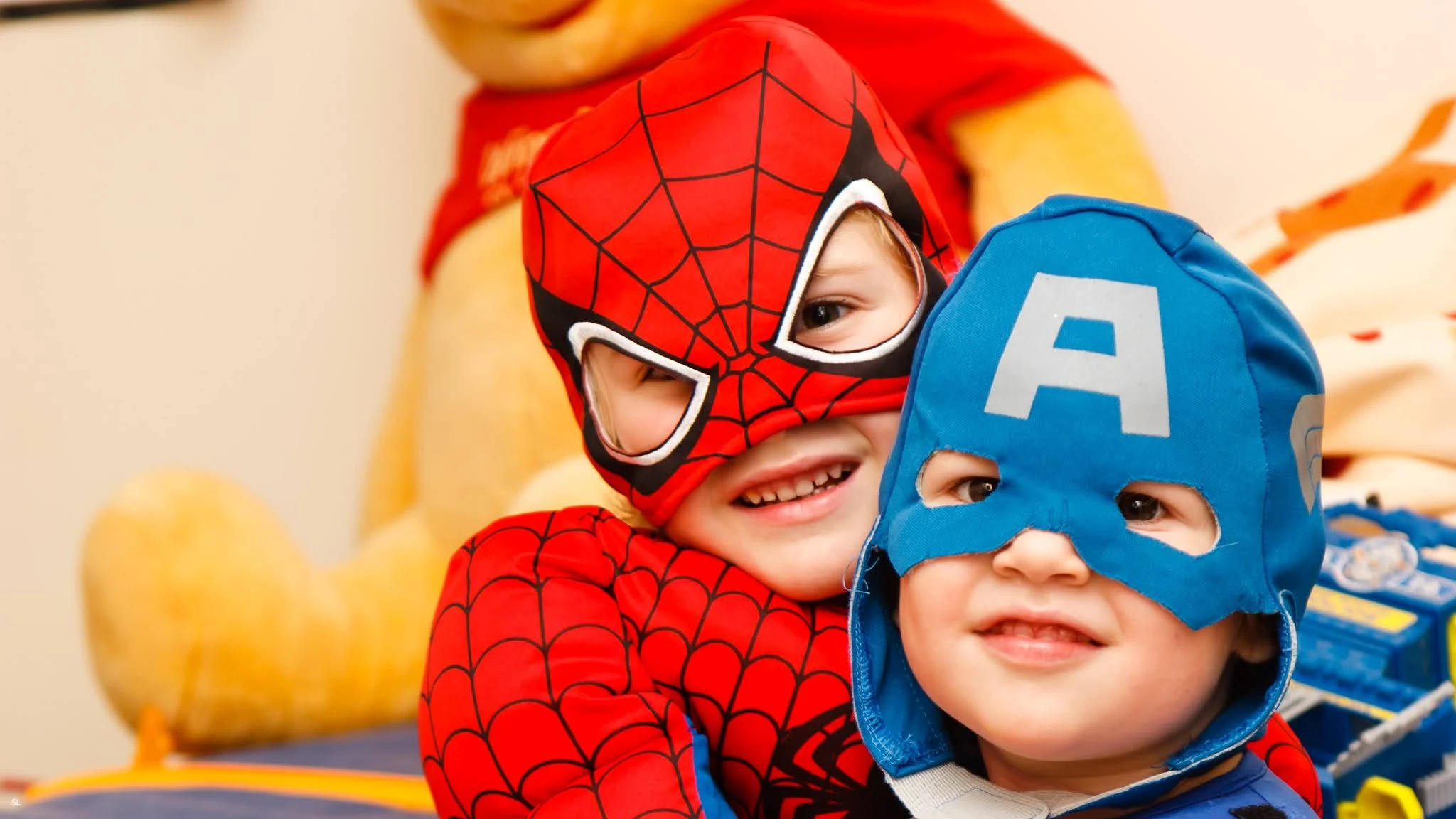(Sponsored Post) Conflict is never easy to manage in any walk of life, but depending on where you are in life you can manage it better than others. Children experience a lot of different emotions that they may not understand or be able to handle.
So how can you help? I’ve teamed up with an independent college in London to show you ways to teach your child about conflict resolution.
Identifying feelings
When your child is feeling a certain way it’s a good exercise to draw out exactly how they’re feeling and breaking down into chunks.
For example, if they’ve had a disagreement at school talk to them about how it makes them feel and talk through what happened so they can see the different perspectives people could have and how it could possibly be resolved.
At a young age there are many ways a solution can be made, so trying to show your child the bigger picture and alternative views will encourage them to think differently in the future.
Problem Solving
If there are a number of factors at play it could mean that your child has a number of available options. If a teacher suggests one way in class, yet the child has deciphered it another way, show them the alternative ways that they could come to the same answer.
This can then be shown to their teacher to show that they thought about their homework clearly and correctly at the time and handled the conflict at the same time.
Perspective
Children need to be encouraged to move on from one incident that occurred. What seems small to us as adults can be huge to them and keep worrying them for some time so they need to be taught how to accept and come to terms with a conflict or to solve it. Spend time talking to them, acknowledging how they feel. Come up with a plan of how the conflict can be addressed or to understand how similar situations can be avoided in future.
If there was an argument between friends of young children, speak to parents about possible ways to resolve the problem and allow the children to come to a compromise. Showing your child how to move forwards will inspire them to tackle future conflicts in a similar manner.



















No comments
Thanks for your comment (unless it's spam in which case, why?)